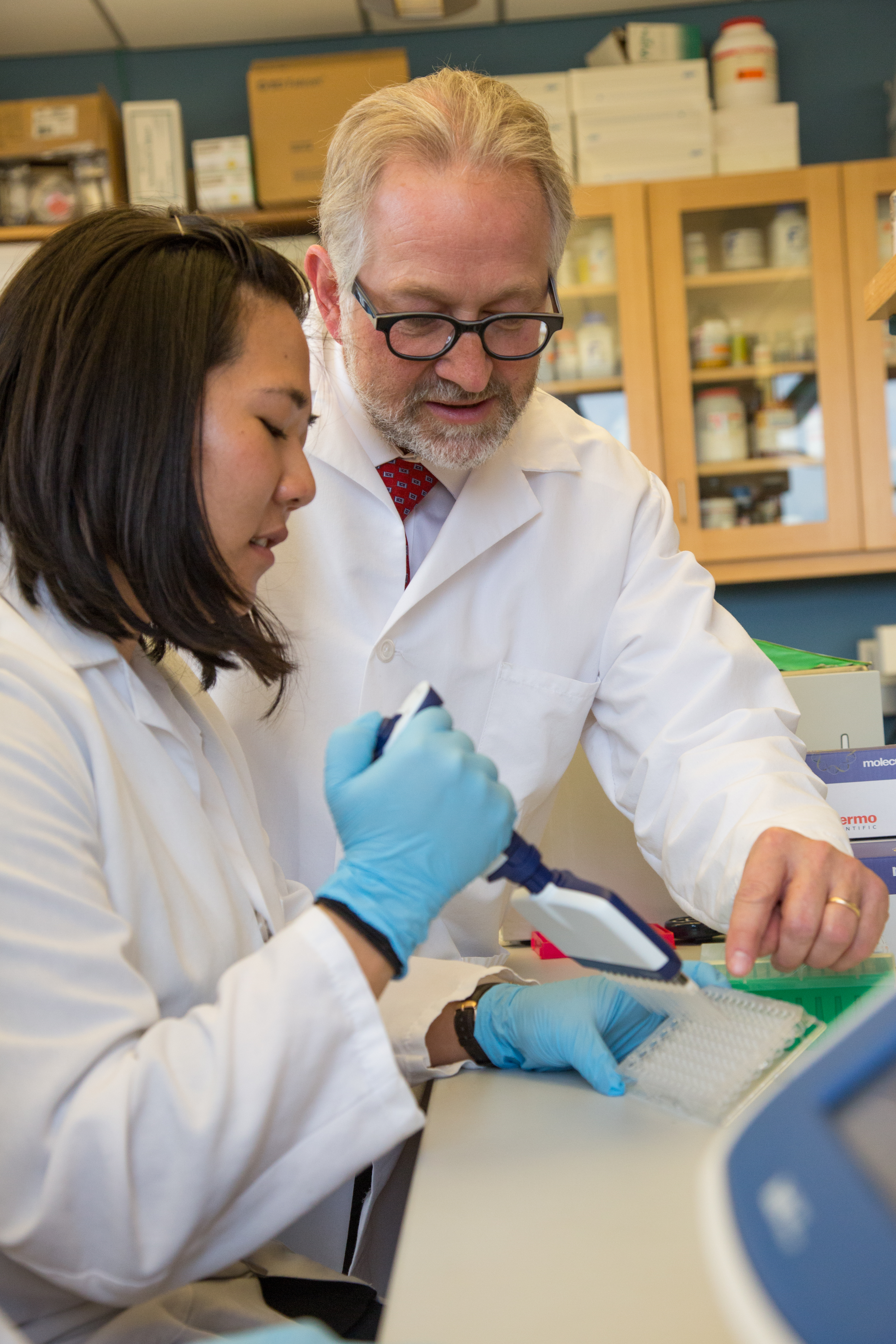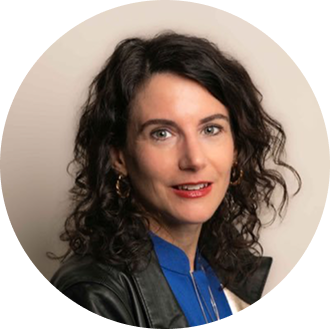Chapter 6
Sociomedical Sciences
Sociomedical Sciences focus on understanding how social, economic and cultural factors impact public health and the well-being of individuals and communities. This field uses this perspective to address health disparities and implement interventions to improve health outcomes across diverse populations.
Table of Contents


Sociomedical Sciences Careers Outlook
Sociomedical professionals can pursue careers such as:
- Health Educator: Develops and delivers educational programs to promote healthy behaviors and improve health literacy in communities.
- Research Analyst: Investigates how social factors like income, education and environment influence health outcomes.
- Community Health Advocate: Champions health equity and justice by influencing policies and community-level interventions.
Professionals in this field work in settings such as public health departments, nonprofit organizations, healthcare organizations, research institutions and international health organizations.
Sociomedical Sciences Master’s Degrees at Columbia
The Columbia University Mailman School of Public Health offers two distinct master’s programs in Sociomedical Sciences: the MPH in Sociomedical Sciences and the MS in Sociomedical Sciences. Both programs provide students with the opportunity to apply social science theories and methods to public health issues, but they cater to different career goals and professional backgrounds.
The MPH in Sociomedical Sciences trains students to apply social science theories and methods from disciplines such as anthropology, psychology, sociology, economics, ethics and history to current public health issues. Graduates address a wide range of topics, including sexuality, aging, health promotion, urban health, HIV/AIDS, homelessness, drug use, healthcare access and immigrant health. This program is designed for students interested in tackling public health challenges through a social science lens. The program offers both full-time and part-time options, requiring students to complete coursework, an Applied Practice Experience and an Integrative Learning Experience paper.
The MS in Sociomedical Sciences offers students a focused education in applying social science theories, concepts and methods to public health practice and policy. This 30-credit program includes coursework in disciplines like anthropology, ethics, psychology, history and sociology, along with a wide range of public health topics. Students can tailor the program to focus on a particular area of interest or take an interdisciplinary approach to their studies.
The MS program is intended for students who are looking to enhance their expertise in social sciences and public health, including those preparing for doctoral study, mid-career professionals with health-related interests and postdoctoral students seeking additional analytic tools for public health policy-making. The program can be completed full-time (in two semesters) or part-time (in three or more semesters) and requires the completion of a master’s thesis.
Both programs provide students with the critical tools needed to analyze and address complex social and structural determinants of health, offering strong preparation for careers in public health research, practice and policy.
Student Perspective
Hannah Rosenzweig, MPH '05
Hannah Rosenzweig is a health communications consultant and documentary filmmaker. She is currently working with New York City's Executive Deputy Commissioner of Health and former first lady of NYC Chirlane McCray on the "Roadmap to Mental Health for All NYC" initiative. Previously, Rosenzweig served as Hillary Clinton's personal videographer and produced media for Clinton's 2007-2008 presidential campaign.
Her MPH from the Columbia Mailman School provided her with the social science theories and methods that have been central to her work in health communications and media. This foundation enabled her to combine public health and storytelling, resulting in meaningful change.
